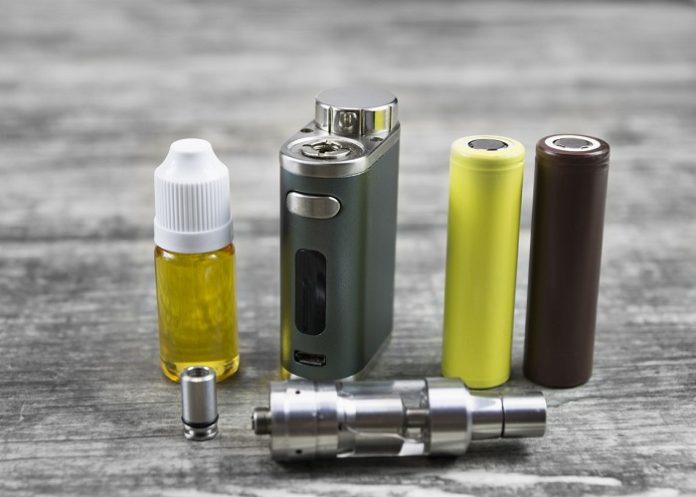A recent study by British scientists has concluded there is insufficient proof that heated tobacco products are a safer alternative than cigarettes, and less harmful, with their systematic review of 40 clinical studies challenging these assertions.
“Contrary to what the tobacco industry is telling us, the clinical data on the health effects of heated tobacco are not clear cut. (The data) provides no clear indication either way as to the risks of heated tobacco products,” said lead author Sophie Braznell, a researcher at the University of Bath’s Tobacco Control Research Group.
BusinessLIVE reports that manufacturers like Philip Morris International (PMI) say heated tobacco products reduce the level of harmful chemicals to which users are exposed, compared with cigarettes, and promote them as a safer alternative to smoking.
The clinical studies compared biomarkers of potential harm and adverse events in adult users of heated tobacco products with those found in people who smoked, used e-cigarettes, or were non-smokers. Biomarkers of potential harm are biological measures – like high blood pressure or white blood cell count – that indicate an increased risk of long-term health problems caused by exposure to a substance or agent.
The available research lacked the independence and quality required to draw conclusions about “real-world” uses, said Braznell, with most of the studies (29) being industry-affiliated and only nine studies lasting longer than five days.
The risk of bias was deemed high for 32 of the studies, and was unclear for the rest. The researchers found mixed effects for the 143 different biomarkers of potential harm that were measured in the studies, and no significant difference in the rate of adverse events among users of heated tobacco products and people who smoked, used e-cigarettes or were non-smokers.
They concluded the data did not provide a clear indication of harm or benefit in using heated tobacco products, and said better studies that were free of industry funding were needed to determine their health effects.
The review – published in the peer-reviewed Tobacco Control journal – comes as South African MPs consider the Health Department’s proposals for tough new tobacco controls, set out in the Control of Tobacco Products and Electronic Delivery Systems Bill.
The draft legislation proposes greater restrictions on smoking in public places, introduces plain packaging and picture warnings, bans vending machine sales, prohibits point-of-sale advertising, and for the first time, regulates e-cigarettes and other new-generation products in much the same way as tobacco.
Study detail
Critical appraisal of interventional clinical trials assessing heated tobacco products: a systematic review
Sophie Braznell, Amber Van Den Akker, Chris Metcalfe et al.
Published in Tobacco Control on 19 April 2025
Abstract
Objective
To critically assess the methodological characteristics and quality of interventional clinical trials investigating the effects of heated tobacco products (HTPs).
Data sources
Web of Science (Core collection and MEDLINE), Scopus, MedRxiv, ClinicalTrials.gov and ICTRP trial databases and transnational HTP manufacturer online publication libraries were searched for clinical trials on HTPs published between January 2010 and April 2022.
Study selection
Interventional clinical trials of any design, in which at least one group of adult participants used a currently marketed HTP, were selected by two reviewers with good or very good agreement.
Data extraction
Data relating to trial characteristics and effects of intervention on primary outcomes were extracted using a predesigned form. Risk of bias was assessed using Cochrane’s Risk of Bias tool v1.
Data synthesis
A total of 40 trials were included, 29 of which were tobacco industry affiliated. Methodological characteristics, such as registration, design, setting, comparator interventions, participants, outcomes and analyses, varied between trials, though there were few significant differences between industry-affiliated and independent trials. Of the 40 trials, 33 were judged to be at high risk of bias and 6 at unclear risk of bias. Trial findings were not significantly associated with either affiliation or risk of bias.
Conclusions
The conduct and reporting of HTP interventional clinical trials were poor in many respects and limited to investigating effects of short-term exposure. These trials fall short of what is needed to determine whether HTPs are beneficial to public health, meaning they may not be a sound basis for tobacco control policy decisions.
See more from MedicalBrief archives:
Switch to heated tobacco from cigarettes may reduce toxic exposure – Cochrane Review
PMI: Survey shows balanced approach needed for tobacco harm reduction
New heated tobacco device causes same damage to lung cells as e-cigs, smoking
Strong EU public response in favour of tobacco harm reduction policies

